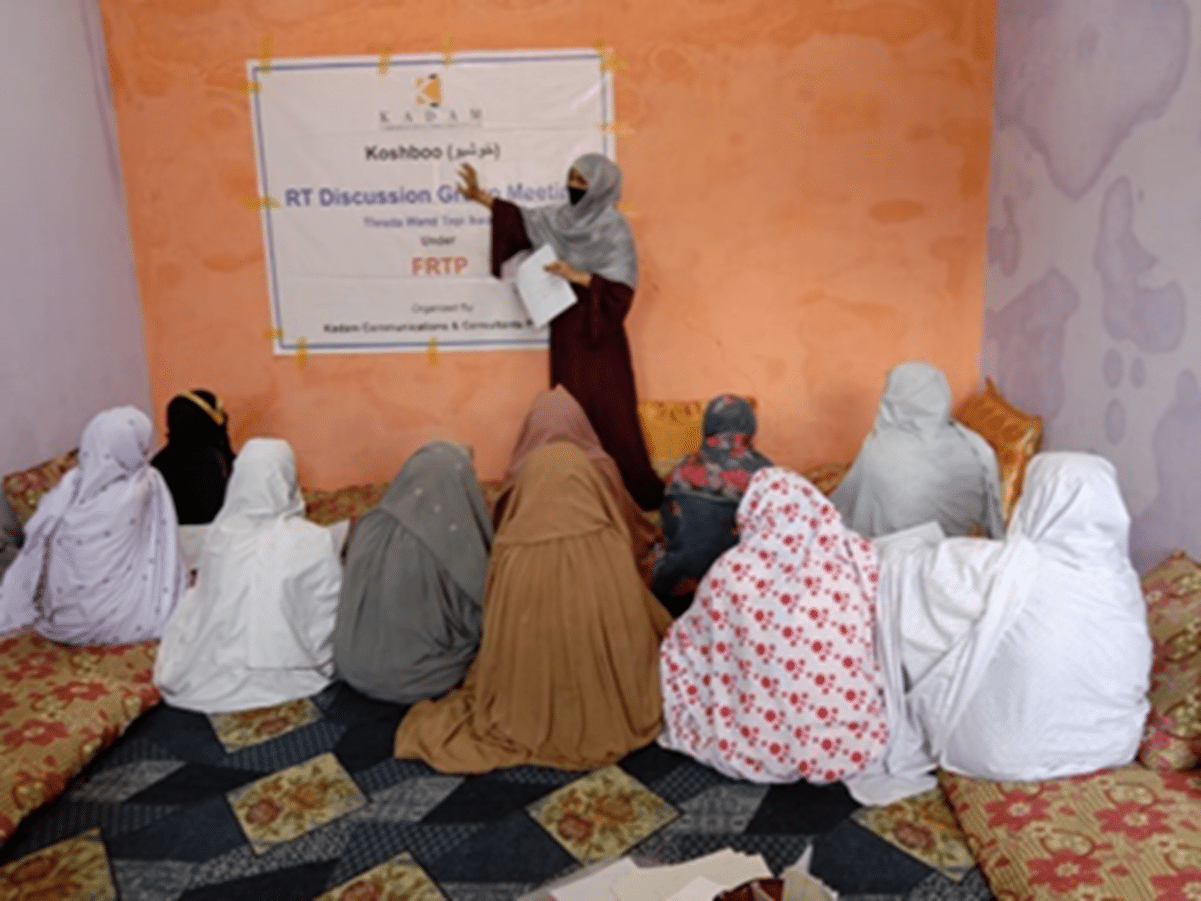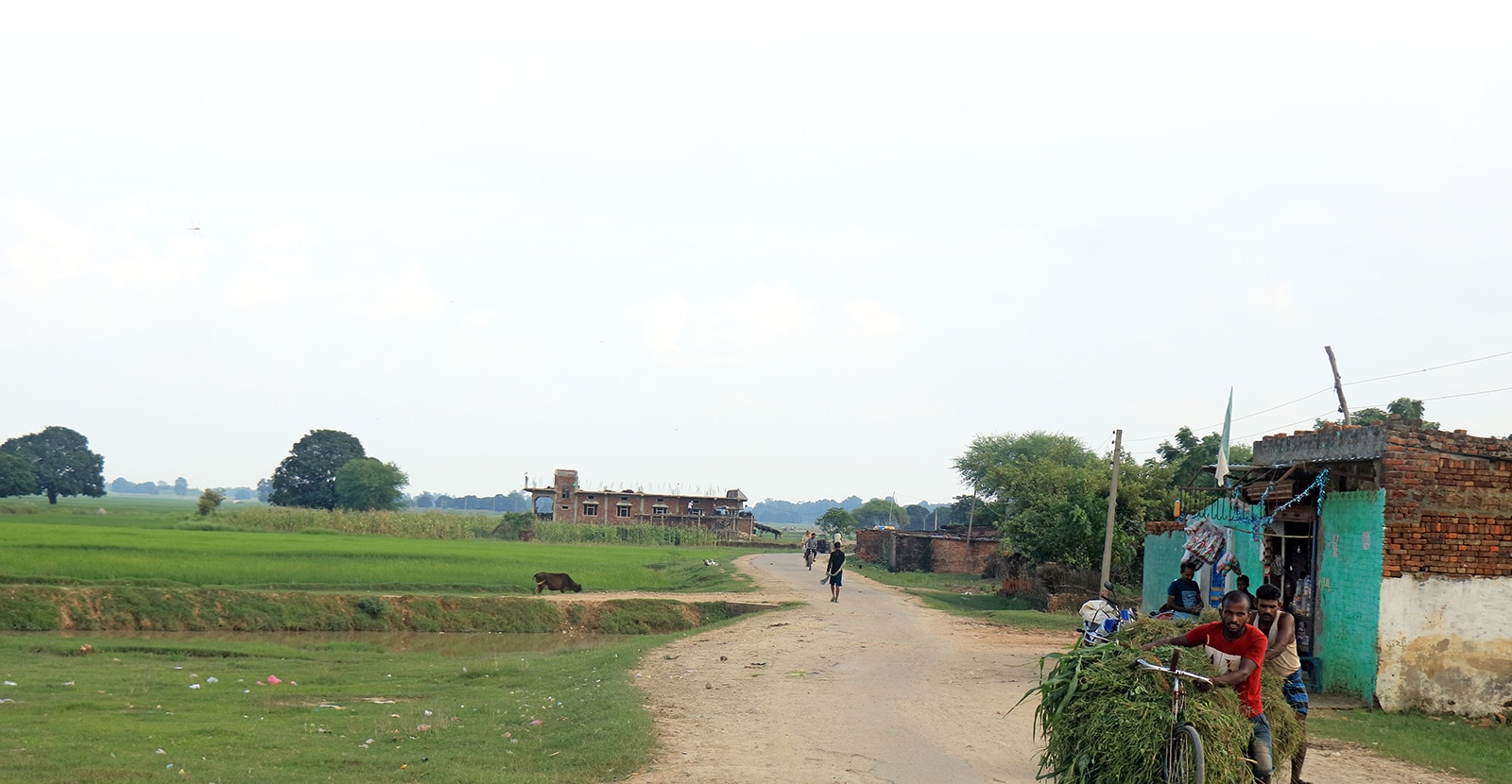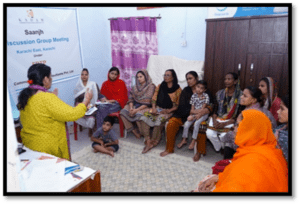

Fostering Religious Tolerance for Peace (FRTP)
FRTP aims to reduce violence, discrimination, and threats against and between the Afghan Diaspora based on religion.
A Project of —
Pakistan, Tajikistan

Afghanistan’s neighboring countries host more than 2.2 million registered refugees from
previous waves of forced displacement. Pakistan and Tajikistan have received hundreds of
thousands of Afghan refugees within the past year, due to the deterioration of the humanitarian
situation in Afghanistan since 2021. The influx of refugees, in combination with existing strains
on available resources and services, has heightened tensions between host and Afghan refugee
communities. In times when the fabric of social cohesion is pulled taut, concerns about the
safety of religious minorities rise. This is the case in Pakistan and Tajikistan, where instances
of societal and legal harassment, discrimination, threats, and violence toward religious minority
communities have been clearly documented.
With the support of the U.S. Department of State (DOS), Equal Access International along with
International Alert, RIWI Corp, and Kadam Communications and Consultants (KCC) aims to
reduce violence, discrimination, and threats against members of Afghan refugee
communities, based on their religious beliefs or practices.
Our two-year Fostering Religious Tolerance for Peace (FRTP) program is designed to work in
targeted areas of Pakistan and Tajikistan on building awareness and knowledge of how
protecting the religious rights and freedoms of all Afghan refugee communities is critical to
reducing discrimination and increasing community peace and resiliency. To ensure a safe and
welcoming environment for all Afghans, we will also work in Afghan communities in Pakistan
and Tajikistan to mitigate tensions around religious rights and freedoms, leading to a more
cohesive and supportive diaspora community that works for the rights and religious freedoms
of all. FRTP will achieve the following objectives:
1. Increase understanding of barriers, resources, and needs of the Afghan diaspora in
Tajikistan and Pakistan.
2. Increase awareness of religious pluralism and the importance of religious freedom
within the host and Afghan refugee/diaspora communities.

Our Partners
International Alert (IA) – International Alert is a regional partner who works alongside EAI to produce timely, in-depth qualitative research on the evolving situation and realities of Aghan diaspora and refugees who have resettled in Tajikistan.
Kadam Communications and Consultants (KCC) – KCC possesses a wide network in Pakistan through its extensive radio and participatory media partnerships. KCC leads qualitative research and awareness building campaigns that promote religious tolerance and freedom, as well as gender equality through initiatives like the Religious Tolerance Discussion Groups (RTDGs). These groups along with other multi-media awareness-raising campaigns to increase awareness to and understanding of the needs of the Afghan diaspora and refugee community and help encourage religious pluralism.
Project Activities
- Content Advisory Groups (CAGs) – EAI and KCC form and regularly convene CAGs to ensure content created for radio programming and broadcasting is relevant and culturally sensitized. Monthly CAGs include members of the EAI and KCC staff, legal experts, religious and community leaders, and other relevant stakeholders.
- Religious Tolerance Discussion Groups (RTDGs) – RTDGs are instrumental in facilitating conversations around religious tolerance in the local communities and foster respect for religious diversity in target regions. RTDGs contribute to and build bridges among communities, creating an environment of respect and understanding.
- Messaging Campaigns and Radio Roundtables – EAI and its partners created and supported audio content for the radio drama “Nowar Pa Chinorono” in local languages on issues including religious pluralism through compelling and entertaining stories that emphasize promoting peaceful, tolerant, and resilient communities. Additionally, EAI and KCC produce and disseminate public safety announcements through social media and other communication, like WhatsApp, networks on religious tolerance every two months.